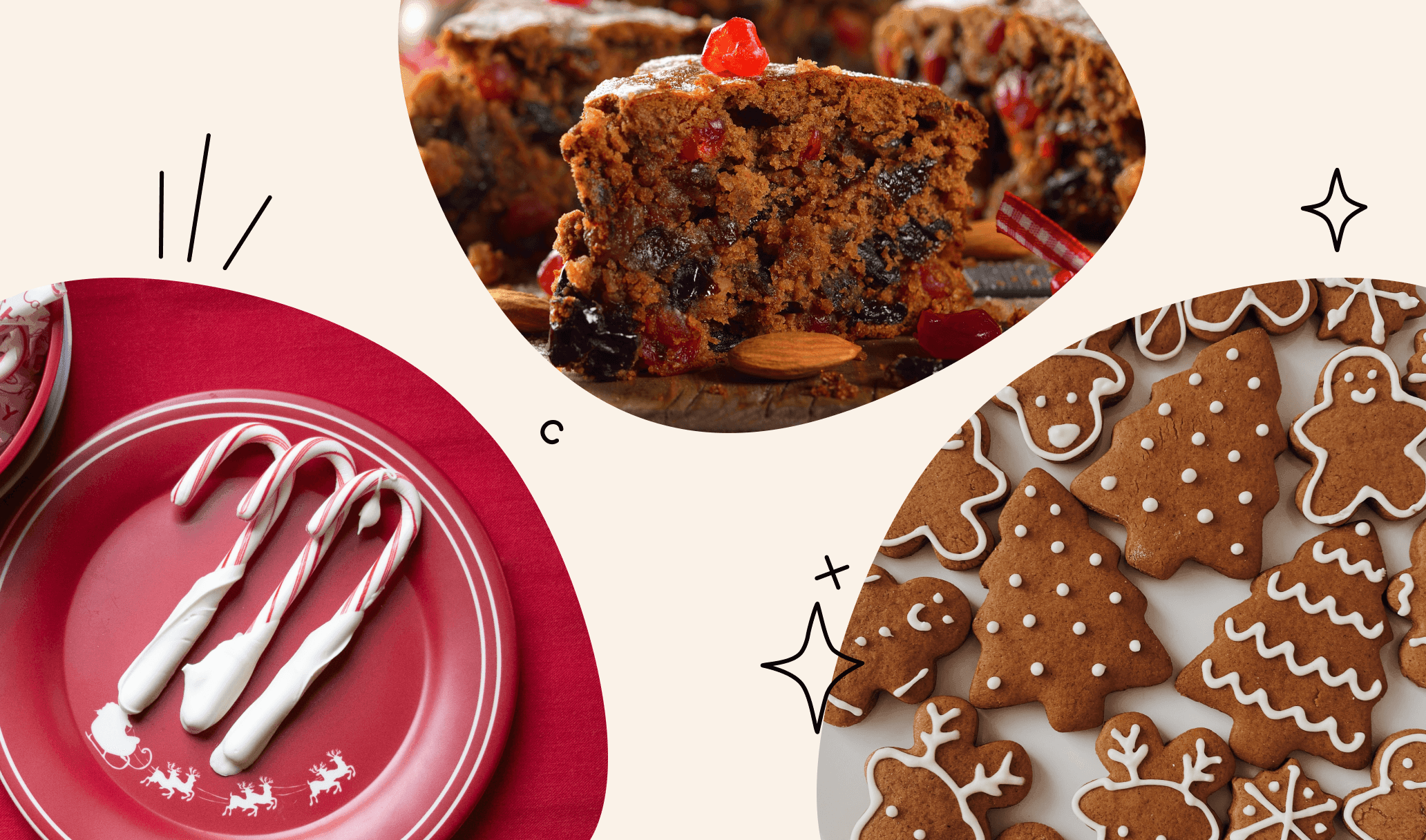We know that healthy eating doesn't have to mean bland eating, but we also understand that sometimes it can be hard to know where to start. So, start small, and work your way up. Try one tip at a time, and see how long it takes before you feel like you've got the hang of it. Once you do? You'll be set for life.
Is it just us, or does the holiday season seem to start earlier and earlier each year? As much as we love the joy and spirit of the holidays, there's no denying that they can be stressful for many people. Between shopping for gifts and attending parties, it's easy to forget about what matters most: your health.
Fortunately, you can do some simple things this holiday season to ensure that you eat well throughout December and beyond! Here are 7 tips for making your holiday menu healthier:

It's true that sugar makes everything taste better, but too much of it can make you gain unnecessary calories and spike your blood sugar. That will leave you feeling sluggish. We know it can be challenging to reduce sugar intake, especially when you're at an event or party with many desserts available, but it's possible. So, here are some ways you can cut down on those sweet treats:

Whole foods are unprocessed foods that haven't been stripped of any nutrients or fiber. Examples include vegetables, fruits, whole grains, nuts, seeds, and anything naturally grown and not manufactured. Whereas processed foods are those that have had their nutritional value stripped away in the name of convenience, these foods are usually high in added sugars, unhealthy fats, and sodium, plus, they're also usually higher in calories per serving than whole foods.
While they might taste good at first glance, eating them for a long time can lead to weight gain and other health problems down the line.
Protein is essential for maintaining your body's healthy functions and building new muscle tissue. It's also important for satiety and providing energy. If you're going to be eating a lot of holiday sweets, you'll want to make sure that you have plenty of high-protein foods on hand to prevent overeating, so it's a great idea to include them in your meals throughout the day. Some great protein sources include:
You can also try adding nuts or seeds into your morning cereal or yogurt for a protein boost first thing in the morning.
The holiday season is a time of year when it's easy to overindulge. After all, there are so many delicious foods to choose from. But it's important to remember that just because something tastes good doesn't mean you should eat the whole thing.
Portion control is key for enjoying all the holiday treats and feeling comfortable eating what you want, leaving you feeling satisfied and energized. The easiest way to do this is by using smaller plates and glasses.
The holidays are known for food and lots of it. But that doesn't mean that you need to overindulge every day. It is okay to treat yourself to something extra special once in a while but just make sure it's worth it.

For example, consider having a slice of pie at Thanksgiving dinner rather than two slices. Or if you're hosting a party, offer guests dessert options lower in sugar content, like fruit-based desserts, try fruit salad or pies made with berries instead of cookies and brownies. You'll still get that sweet taste without consuming too much sugar.
Holiday meals often feature rich dishes with lots of butter and cream sauces. While delicious, these foods can leave you feeling sluggish and bloated after a meal. Try replacing some of those ingredients with low-calorie vegetables, such as carrots, zucchini noodles, and some fruits instead.

Here are some great ideas for ways to sneak more veggies and fruits into your meals:
You know that feeling when you wake up on New Year's Day and realize that you had just a little too much to drink? That's not only because it was the holidays but also because the alcohol consumption was so extreme.
Alcohol has calories, and too much alcohol consumption can lead to unnecessary calorie gain. You can limit your intake by looking for low-calorie options like sparkling water with lemon or lime juice instead of soda or tonic.
If you're having wine or beer with dinner, try drinking a glass of water between each alcoholic drink to stay hydrated while limiting your alcohol intake. Enjoy yourself but remember moderation.

We know that healthy eating doesn't have to mean bland eating, but we also understand that sometimes it can be hard to know where to start. So, start small, and work your way up. Try one tip at a time, and see how long it takes before you feel like you've got the hang of it. Once you do? You'll be set for life.
Unimeal does not diagnose or suggest treatments. Any description of the diet, training plan or supplement should be discussed with your current physician or nutritionist. This article does not address specific conditions and is simply meant to provide general information on healthcare topics. Following any advice is at your own initiative and does not impose any responsibility on the blog authors for your health and safety.
Sources:
By choosing high-quality sources, we make sure that all articles on the Unimeal blog are reliable and trustworthy. Learn more about our editorial processes.
1.
2.
3.
4.
5.